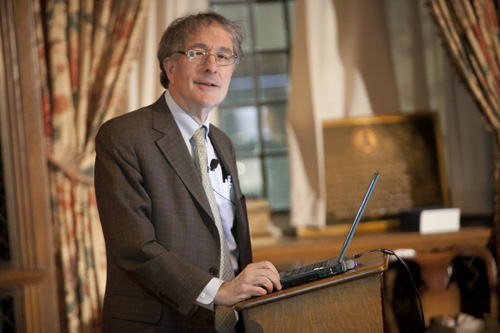
Αλήθεια, Ομορφιά, Καλοσύνη — what do they mean to young and old in a 21st century world experiencing dramatic technological and philosophical change? A man who understands the difficulty in educating for the virtues in a challenging new age is perhaps better known around the world for his theory of multiple intelligences than for his decades of study of a topic which is arguably the most pertinent of our times.
I wondered how the theories and views expressed in Dr. Howard Gardner’s book, Αλήθεια, Ομορφιά και την καλοσύνη επαναδιατυπώθηκε: Η εκπαίδευση για τις αρετές στην εποχή της Truthiness και το Twitter, might apply to some of the egregious moral break-downs such as the sexual abuse, invasion of privacy, standardized test cheating and plagiarism scandals which have haunted some of our most respected institutions recently. He agreed to discuss this with me.
Howard Gardner είναι ο John H. και η Ελισάβετ Α. Hobbs Καθηγητής της γνώσης και της εκπαίδευσης στο Harvard Graduate School of Παιδείας. Μεταξύ πολλές διακρίσεις, Gardner έλαβε το βραβείο MacArthur Fellowship το 1981. Έχει λάβει τιμητική βαθμούς από 26 κολέγια και πανεπιστήμια. Σε 2005 και 2008, επιλέχθηκε από Εξωτερικής Πολιτικής και Προοπτική περιοδικά ως ένα από τα 100 πλέον σημαίνοντες διανοούμενους δημόσια στον κόσμο.
What inspired you to write Αλήθεια, Ομορφιά και την καλοσύνη επαναδιατυπώθηκε: Η εκπαίδευση για τις αρετές στην εποχή της Truthiness και το Twitter?
I began as a psychologist. When educators showed interest in my work, I began to reflect on my own educational vision. 15 χρόνια πριν, I began working on a book called Η Πειθαρχημένη Νου. In that book I argued that the purpose of education, beyond the acquisition of literacies, is to give us the tools to determine what’s true and what’s not, what’s beautiful and what’s not, and what’s good and what’s not. To make it concrete, I used three examples. For truth, I used the theory of evolution. For beauty, I used the music of Mozart. For goodness and badness, I used the Holocaust. I was interested in how we could make use of our multiple intelligences to convey these very rich topics.
Critiques came from two different directions. Αφ 'ενός, there were philosophical and epistemological critiques from postmodernism, which basically said; “Who are YOU to say what’s true? Beauty is an old fashioned idea. Goodness is relative.” So I got a pretty severe postmodern critique. The second critique came from the emerging technologies. At the time the book was written, no one had thought about the web, social networks, Twitter and virtual realities. And yet each of these inventions challenges traditional notions of truth, ομορφιά, goodness. I realized I had to go back to the drawing boards. If Truth, Beauty and Goodness are to be the backbone of education, I had to be able to respond to the philosophical critiques on the one hand and to the technological revolution on the other. So that is what inspired me to write the book.
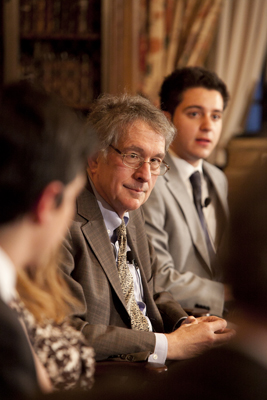
What is the principal message of Αλήθεια, Ομορφιά και την καλοσύνη επαναδιατυπώθηκε?
The right question: How do we preserve some sense of Truth, Beauty and Goodness at a time we have so much change going on?
1. With respect to truth, we need to understand the METHOD by which people make their assertions. What is the basis, what is the evidence, for truth claims?
2. With respect to beauty, the canon is gone. The good news is that we have access to all the works of art ever created and we can each form our own portfolio (φυσικός, virtual or just in your head) of beauty. These will be things that we find interesting and memorable, things we wish to revisit. Our portfolio of beautiful things can be very diverse and it will also change over time.
3. With respect to goodness: When it comes to how you treat your neighbor, the answer is contained in the Ten Commandments. But when it comes to how you deal with people in a complex, division of labor, hyper connected world, we have to reinvent our relations to other people. In our study of good play (δείτε goodworkproject.org) we ask how, in the 21st century, we reinvent things like privacy, intellectual property, Ταυτότητα, trust-worthiness, and what it means to belong to a community.
Competition to succeed has become more intense than ever. How do we balance competition in our lives? How might the views in your book apply to some of the standardized test cheating scandals that continue to make headlines?
Σε Αλήθεια, Την ομορφιά και την καλοσύνη, I recommend the creation of what I call “commons.” Within schools (both physical and virtual) we need places where people can talk honestly about the problems that arise in our contemporary world with respect to the mission of that institution — for example a school, or a newspaper.
Consider, για παράδειγμα, how to use a commons when there is an epidemic of cheating. We bring together parents, students and teachers, and it’s often a revelation. Για παράδειγμα, the parent might say, “You know you should not cheat. I told you cheating was wrong.” The child might reply, “Ναί, but when I came home with a B you said I don’t want any more B’s.” The child says to the teacher, “Sam and I told you that Johnny cheated but you did nothing about it.” Ή, “You wrote the same thing on all of our papers rather than reading each paper carefully.” And so you need to have very open conversations, skillfully moderated, leading to viable policies that are enforced.
An example discussed in the book. Some years ago the Dean of Admissions at a major university had been fired because she had lied about her credentials. In the group of 20 students I was working with, nobody endorsed the firing of the Dean. Either the students said, “Καλά, if she was doing a good job, why fire her?” Or they said, “Everybody lies on their resume.”
To answer your question, here are the simple choices. Either you say this is the way things are and there is nothing more we can do OR you say this is the new world and we can do better. We need vivid examples of good work, and vivid examples of the consequences of bad work — both for the bad worker and for the larger society. When the head of a large bank in England recently got in trouble because of tinkering with the interest rates, he was forced to resign. If teachers or presidents of universities submit the work of others as their own, they should be fired.
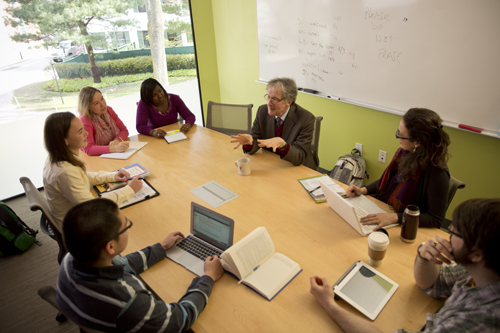
You have said that “the odds of ascertaining the truth about something are better than ever…” Would this apply to the Murdoch hacking scandal?
There is a huge amount of information on the internet and there are many claims. If somebody makes a claim, you have to ask what kind of evidence do they have? If they have evidence, they are credible. If they do not, you should ignore it. Twenty or thirty years ago, there were only a few recognized media. There were also things that journalists knew but that they did not publish. That has all changed. The delicious paradox of the Murdoch case is that he was using technology tools to get information but now those technology tools are been used on him.
How do the views expressed in your book apply to some of the egregious moral break-downs within our most respected institutions such as the child abuse scandal at Penn State and the alleged abuse at the Horace Mann School in Riverdale?
My distinction between neighborhood morality and the ethics of roles is helpful here. Abusing children is always wrong. These are immoral acts that need to be identified and punished the way any violations of the Ten Commandments are. Anybody who would defend pedophilia would be foolish.
The ethics of roles comes in when the question is raised about organizations that do credentialing of other professional organizations. On what basis can they remove either the individuals who work at those institutions (like a coach or a president) or the institution itself (removing its degree granting powers)? How do you deal with a large institution in cases where a Dean lies about her credentials or the higher-ups ignore the reports of child abuse? In my terms, those are ethical issues not moral issues. It is easier to deal with a situation if you already have an operating ethical code like the Hippocratic oath.
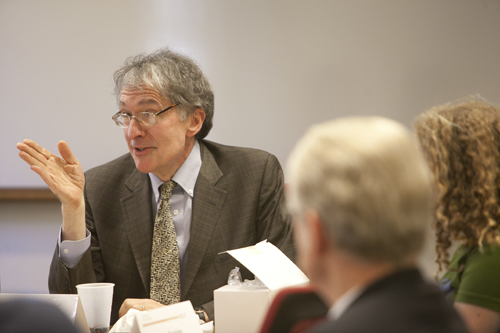
When we create a culture that is highly competitive, δηλαδή. success is based on results – are we setting ourselves up for some of the issues we’ve discussed today?
Απολύτως. When the word goes out that you are going to be judged by how much money you bring in, and in addition, someone is indicating “I’m not interested in how you are going to do it, just go for it!”, there is a problem. If you see your life as a series of steps from an elite private school to an Ivy League School to Goldman Sachs or its equivalent, and you are going to keep blinders on from anything that might keep you from getting there, you are likely to end up in big trouble. One of the things I say in my book is this: If you want to be a journalist, the decision whether to work for NPR or for Fox is an incredibly important decision.
In the case of issues that institutions like News Corp, or Penn State or Horace Mann are facing today, I think the first question one needs to ask is: Is this damage control or does this require serious purging, rethinking, reinvention? If it’s damage control, how we get better press releases, and what we do to correct the immediate problem, then I can predict the next crisis is at hand.
If we decide there is something seriously wrong with a community that could do this kind of thing, and that we need to reflect, rethink and perhaps rework what we do and how we do it, then there is some hope for serious change. And here is where the “commons” comes in. There need to be norms and rules that emerge from the discussions of the principal stakeholders in an organization. Σε ένα σχολείο, that may include the college admissions officer, οι δάσκαλοι, the parents and the students in the same room. Policies must have “αγοράζουν” from all these groups. One of the reasons some institutions don’t prosecute kids for cheating is that the parents threaten to sue. The consequences have to be publically known and the stakeholders, including parents, have to support them.
When somebody violates a core principle, that person needs to be punished and that punishment needs to be known. As far as I know, σε 375 χρόνια, Harvard has never fired a tenured professor for plagiarism. But today you can’t keep things secret anymore and that is what’s good.
How should we assess truth and goodness?
Someone in India took my work very literally and came up with a ten point scale for goodness. I responded. Rather than quantifying, why don’t we just have an arrow instead? If something looks healthy and ethical, we’ll let the arrow point up. If it looks like it’s getting worse, we’ll let the arrow point down. Σε μένα, that’s a far better way to think about the moral fiber of a place, and not 1 να 10. I’d be happy if Goldman Sachs, Horace Mann, Penn State, or Harvard would install a commons with an arrow that could be reoriented in the center.
More information on Howard Gardner’s good work: The GoodWork Project
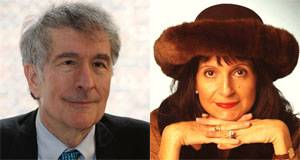

εγώn Η παγκόσμια αναζήτηση εκπαίδευσης, μαζί μου και παγκοσμίως γνωστή ηγέτες σκέψης συμπεριλαμβανομένου του Sir Michael Κομμωτήριο (Ηνωμένο Βασίλειο), Ο Δρ. Michael Block (ΗΠΑ), Ο Δρ. Leon Botstein (ΗΠΑ), Καθηγητής Clay Christensen (ΗΠΑ), Ο Δρ. Linda Ντάρλινγκ-Hammond (ΗΠΑ), Ο Δρ. Madhav Chavan (Ινδία), Ο καθηγητής Michael Fullan (Καναδάς), Ο καθηγητής Howard Gardner (ΗΠΑ), Ο καθηγητής Yvonne Hellman (Η Ολλανδία), Ο καθηγητής Kristin Helstad (Νορβηγία), Jean Hendrickson (ΗΠΑ), Καθηγητής Rose Hipkins (Νέα Ζηλανδία), Καθηγητής Cornelia Hoogland (Καναδάς), Η κ. Chantal Kaufmann (Βέλγιο), Ο Δρ. Eija Kauppinen (Φινλανδία), Υφυπουργός Tapio Kosunen (Φινλανδία), Ο καθηγητής Dominique Λαφοντέν (Βέλγιο), Ο καθηγητής Hugh Lauder (Ηνωμένο Βασίλειο), Καθηγητής Ben Levin (Καναδάς), Καθηγητής Barry McGaw (Αυστραλία), Shiv Nadar (Ινδία), Καθηγητής R. Natarajan (Ινδία), Ο Δρ. PAK NG (Σιγκαπούρη), Ο Δρ. Denise Πάπα (ΗΠΑ), Sridhar Rajagopalan (Ινδία), Ο Δρ. Diane Ravitch (ΗΠΑ), Sir Ken Robinson (Ηνωμένο Βασίλειο), Καθηγητής Pasi Sahlberg (Φινλανδία), Andreas Schleicher (PISA, ΟΟΣΑ), Ο Δρ. Anthony Seldon (Ηνωμένο Βασίλειο), Ο Δρ. David Shaffer (ΗΠΑ), Ο Δρ. Kirsten Μοναδική Are (Νορβηγία), Στήβεν Spahn (ΗΠΑ), Yves Theze (Γαλλικό λύκειο των ΗΠΑ), Ο καθηγητής Charles Ungerleider (Καναδάς), Ο καθηγητής Tony Wagner (ΗΠΑ), Sir David Watson (Ηνωμένο Βασίλειο), Καθηγητής Dylan Γουίλιαμ (Ηνωμένο Βασίλειο), Ο Δρ. Mark Wormald (Ηνωμένο Βασίλειο), Ο καθηγητής Theo Wubbels (Η Ολλανδία), Ο καθηγητής Michael Young (Ηνωμένο Βασίλειο), και ο καθηγητής Minxuan Zhang (Κίνα) καθώς εξερευνούν τα μεγάλα ζητήματα της εκπαίδευσης εικόνα που όλα τα έθνη αντιμετωπίζουν σήμερα.Η Παγκόσμια αναζήτηση για την Εκπαίδευση της Κοινότητας Σελίδα
C. M. Rubin είναι ο συγγραφέας των δύο πολυδιαβασμένα online σειρά για την οποία έλαβε ένα 2011 Βραβείο Upton Sinclair, “Η Σφαιρική Αναζήτηση για Εκπαίδευση” και “Πώς θα μας Διαβάστε?” Είναι επίσης ο συγγραφέας του μπεστ σέλερ τρία βιβλία, Συμπεριλαμβανομένων Η Ρεάλ Αλίκη στη Χώρα των Θαυμάτων.

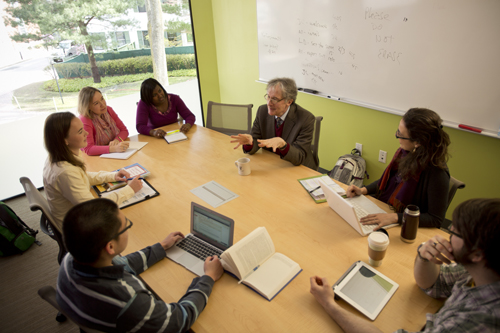
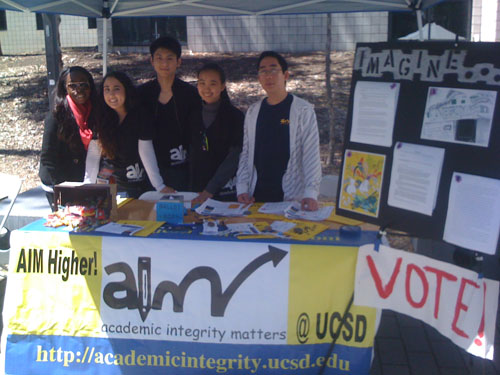
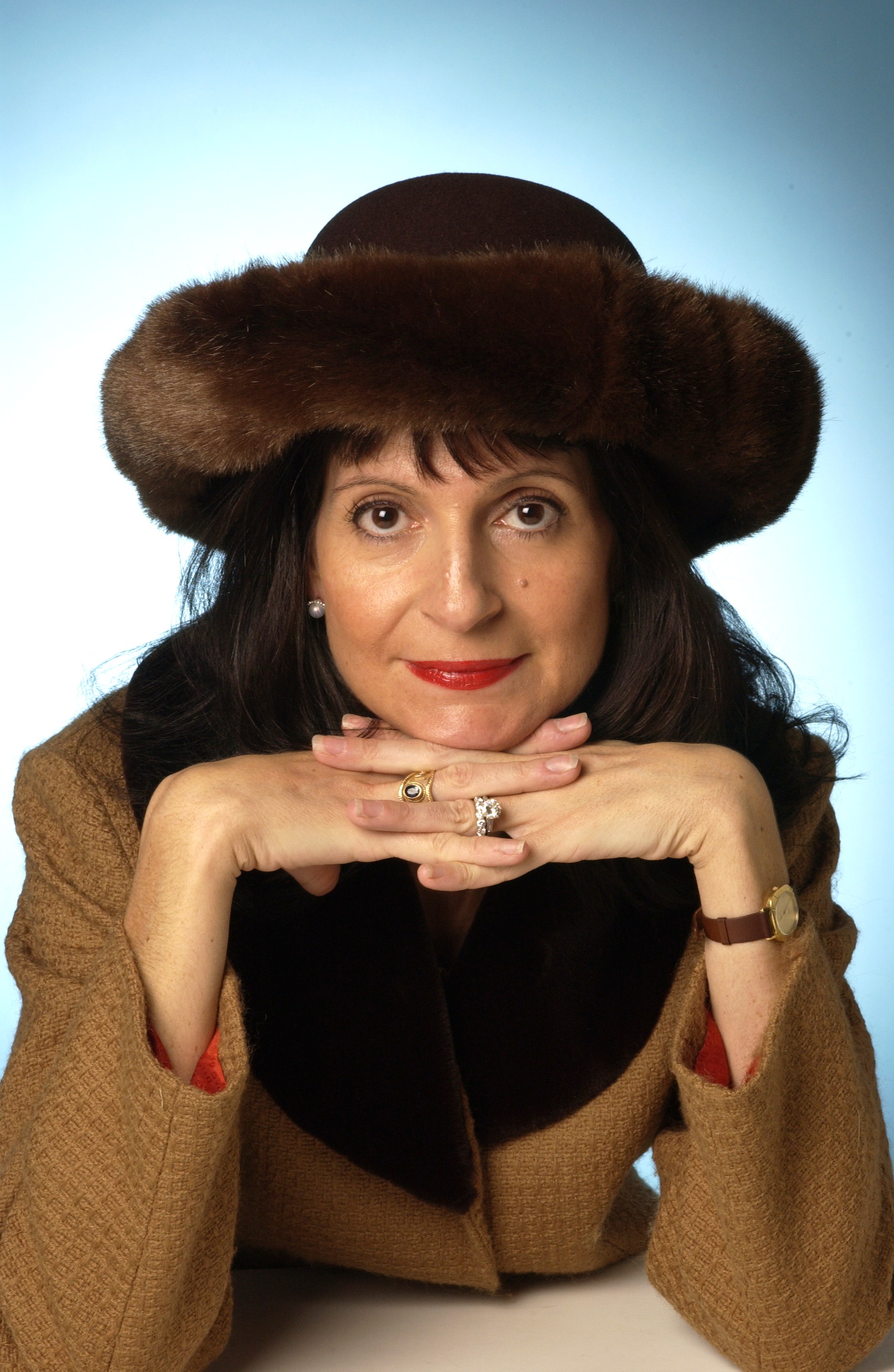

Πρόσφατα σχόλια